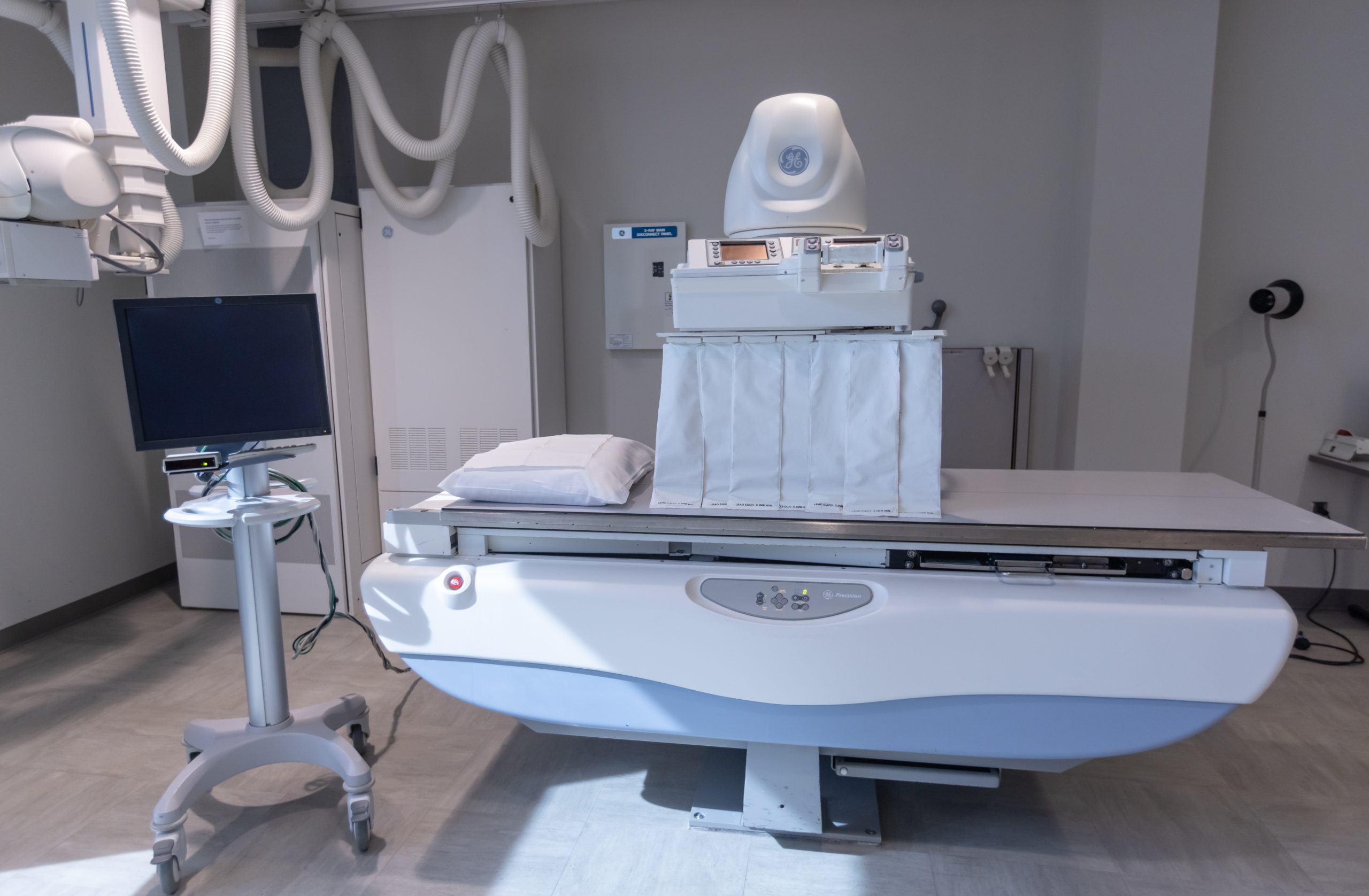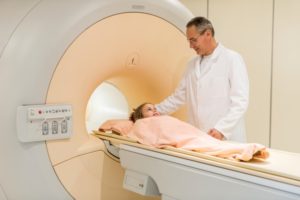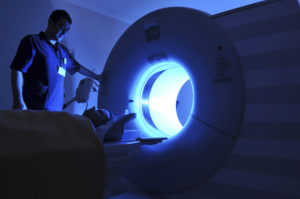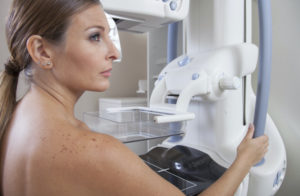Special Fluoroscopy Studies
SPECIAL FLUOROSCOPY STUDIES AT DIAGNOSTIC IMAGING CENTERS
 Fluoroscopy is a way of viewing the body with low-dose x-rays in real-time, meaning the images are projected onto a screen as they are being obtained. This allows the radiologist to evaluate the structures in question actively, and can guide interventions using needles and catheters. You will most likely have fluoroscopy at our offices for one of the following studies:
Fluoroscopy is a way of viewing the body with low-dose x-rays in real-time, meaning the images are projected onto a screen as they are being obtained. This allows the radiologist to evaluate the structures in question actively, and can guide interventions using needles and catheters. You will most likely have fluoroscopy at our offices for one of the following studies:
- Arthrograms or special studies of the joints
- Hysterosalpingogram, a study most often done to assess for patency of the fallopian tubes.
- Barium studies of the GI tract
As fluoroscopy uses radiation, please inform scheduling staff and technologists if you are or could possibly be pregnant. Many of the studies require preliminary preparation. Specific instructions will be provided at the time of scheduling.
What to Expect
Arthrograms
Arthrograms are special studies of the joints where contrast material is introduced into the joint through a small needle. Most often, the arthrogram is performed prior to additional imaging such as MR or CT. The steps for an arthrogram will vary based on the joint but include:
- review of history and explanation of procedure
- preliminary x-ray images of the joint
- the area to be injected will be cleansed with betadine
- local anesthetic often used to numb the area
- small amounts of an iodinated contrast agent will be introduced through the needle to make sure the needle tip is precisely in the joint space
- a small amount of contrast material will be used to distend the joint space – this may be iodinated contrast for arthrogram alone or for CT arthrograms or may be gadolinium if followed by MR
Hysterosalpingogram (HSG)
This is a study of the uterus and fallopian tubes most often done to assess tubal patency. This can be done as a part of a fertility evaluation or may be done to assess for correct position of and occlusion of fallopian tubes after placement of devices such as Essure for sterilization.
The study should be done on days 7-11 of your menstrual cycle – counting day 1 as the first day of your menstrual period. Low dose radiation is used. You should take 600 mg of ibuprofen 1 hour prior to the test – this will lessen cramping and make the study more comfortable.
Steps for an HSG:
- review of history, date of last menstrual period and explanation of procedure
- a speculum will be used to locate the cervix as they do for a pelvic exam
- betadine will be used to cleanse the cervix
- a small catheter or tube will be introduced through the cervix until the tip is in the uterine cavity
- a small amount of iodinated contrast material is introduced into the uterus
- xray images are taken
- distending the uterus causes cramping, much like a menstrual period; the cramping will go away quickly once the catheter is removed
Barium Studies
The gastrointestinal tract can be evaluated with barium studies. Studies include the following:
Esophagram –
- a study of the esophagus and swallowing function using oral barium and gas crystals
- you will start upright and will then be lowered on the moving table into a horizontal position
- reflux disease, difficulty swallowing and choking sensation are the most frequent indications for this test
- no preliminary preparation is needed
Upper GI –
- a study of the esophagus, stomach and the duodenum (the first part of the small intestine)
- oral barium and gas crystals are used
- the study begins with you upright; images of the upper GI tract are obtained in multiple positions with the table horizontal
- upper abdominal pain is a leading reason for having an upper GI
- you must be fasting overnight
Small bowel series –
- a study of the small intestine
- oral barium is given and multiple images are obtained until the contrast reaches the large intestine – this can take several hours
- common reasons for a small bowel series include anemia, pain and known inflammatory bowel disease
- you must fast overnight prior to the study
Barium enema –
- a study of the colon or large intestine obtained by introducing barium with or without room air into the colon through a rectal tip
- images are obtained upright and in varying positions with the table horizontal
- indications for a barium enema include screening for colon polyps or cancer, incomplete colonoscopy and anemia
- preliminary 24 hour colon prep is required in order to remove all stool from the colon
- patients must fast for at least 4 hours before the study is done
For fluoroscopy studies, results will be discussed with you by your radiologist at the end of the procedure. Urgent results will be phoned to your referring physician’s office immediately. All other results will be faxed to the referring physician within 24 hours.





